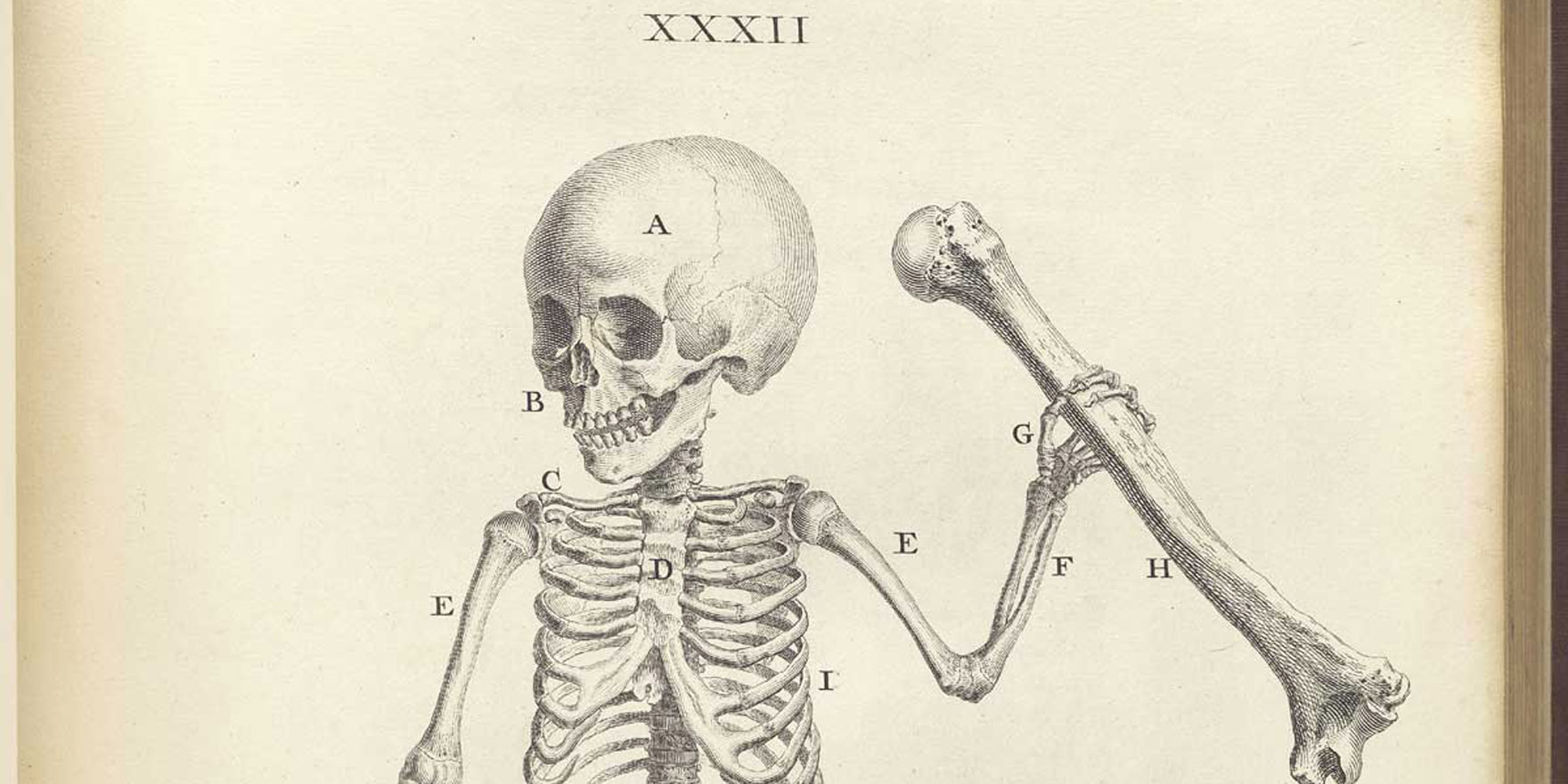Treating osteoporotic postmenopausal women with denosumab (Prolia) has few drawbacks, a long-term study shows
Despite previous concerns, treating osteoporotic postmenopausal women with denosumab (Prolia) has few drawbacks, a long-term study shows.
The six-year study of around 3,500 postmenopausal women with osteoporosis found that denosumab, the most commonly used treatment for this condition, was no more likely to cause adverse events than placebo.
The drug is highly effective at increasing bone mineral density and lowering the risk of fractures; in this study, new vertebral fractures were reduced by 68% and new hip fractures were reduced by 40% at three years.
Professor Peter Ebeling, medical director of Osteoporosis Australia, said previous concerns included fears denosumab might increase adverse events, including pain in the back, extremities, musculoskeletal pain, hypercholesterolemia
and cystitis.
The paper reassured doctors and patients that with long-term treatment there was no evidence for an increasing trend of adverse events, Prof Ebeling said.
The study randomly assigned women between 60 and 90 years to receive 60mg of denosumab subcutaneously or placebo every six months for three years. Then, all participants received denosumab every six months for a further three years. All participants were instructed to take calcium and vitamin D daily.
Malignancy, eczema, pancreatitis, endocarditis, delayed fracture healing, infections, opportunistic infections, and cellulitis or erysipelas were also similar in the placebo and treatment groups during the first
three years.
The trial was conducted at more than 200 centres globally, including Australia, as part of the decade-long FREEDOM trial in which all patients are given denosumab after three years.
“This is the largest of the studies in osteoporosis in terms of a 10-year follow up,” Professor Ebeling, who was involved in recruiting for the study, said.
Osteoporosis was under-diagnosed in Australia, with only around one in five people with osteoporosis being treated, Professor Ebeling said.
“About 1.2 million Australians have osteoporosis and many of them don’t know that they have it,” he said.
Bone health was often a low priority for doctors treating older patients with other chronic health conditions, he said.
And when patients presented to the emergency department with minimal trauma fractures, surgeons often failed to make the connection between the fracture and underlying osteoporosis.
“So that’s why a lot of these people aren’t being treated and that needs to be changed,” Prof Ebeling said.
Denosumab is available on the PBS for women and men over 70 with a bone mineral density T-score of -2.5 or less, as well as patients with established osteoporosis who have a fracture due to minimal trauma.
Patients might also prefer denosumab to oral medications as it did not disrupt their daily routine, Professor Ebeling said.
Professor Ebeling has received research funding and honoraria from Amgen, the sponsors of the trial quoted in the paper.
Journal of Bone and Mineral Research, March 2017


